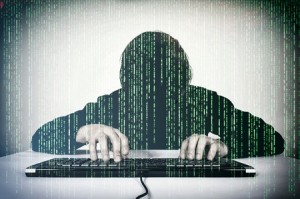Senate panel sets another anti-OSAEC hearing, FB commits attendance

Stock image
MANILA, Philippines — The Senate women committee has set another hearing into online sexual abuse and exploitation of children (OSAEC) incidents in the country, allowing Facebook and other social media platforms to explain their policies and answer questions from senators.
This, after Facebook earned the ire of several senators over its absence in a hearing on Tuesday tackling bills to strengthen laws against the sexual abuse and exploitation of children online.
“Facebook has committed to attend the next anti-OSAEC hearing,” Senator Risa Hontiveros, chair of the Senate committee on Women, Children, Family Relations and Gender Equality, said in a statement Wednesday.
“We will call a next hearing to provide a platform for Facebook and other social media outfits to explain their side and open themselves to questions from legislators,” she added.
In a separate Facebook Philippines statement emailed to INQUIRER.net, the social media platform said its policy team did not receive an official invitation to Tuesday’s hearing. This was confirmed by Hontiveros.
“We have heard their explanation that their policy team did not receive the invitation that was sent,” the senator said.
Zero tolerance
Facebook Philippines, meanwhile, said it has a zero tolerance policy for any behavior that exploits children, adding that it uses technology across all of its platforms to proactively find and remove such content.
Further, the social media platform said it reports all instances of abuse to the National Center for Missing and Exploited Children (NCMEC).
During Tuesday’s hearing, an official from the Department of Justice cybercrime office identified NCMEC as a non-profit organization authorized by U.S. laws “to receive reports of possible child sexual abuse and exploitation materials from electronic communication service providers.”
Facebook Philippines added that it trains and works extensively with law enforcement partners to combat exploitation of children online.
It said it coordinates with the Philippine National Police’s (PNP) Anti-Cybercrime Group, the Women and Children’s Protection Center, and the National Bureau of Investigation, along with their foreign law enforcement and non-governmental organization partners such as Homeland Security Investigations, the International Justice Mission, and others on women and child safety cases.